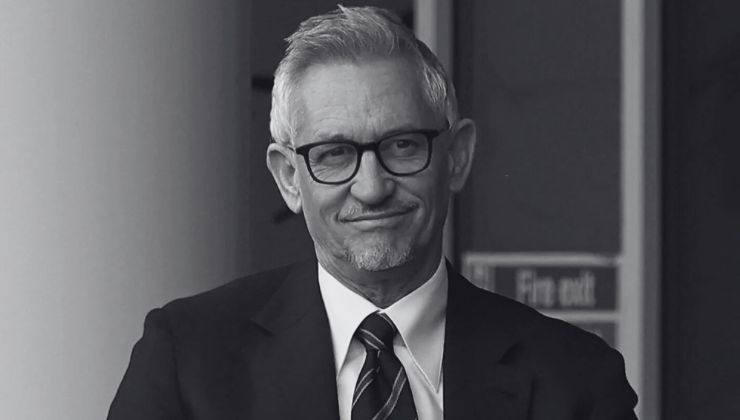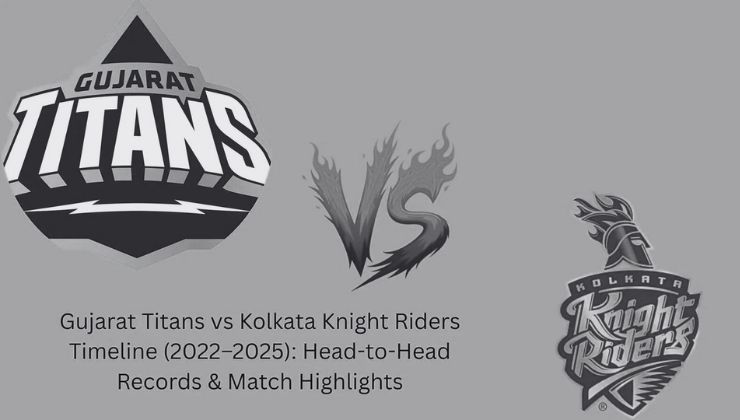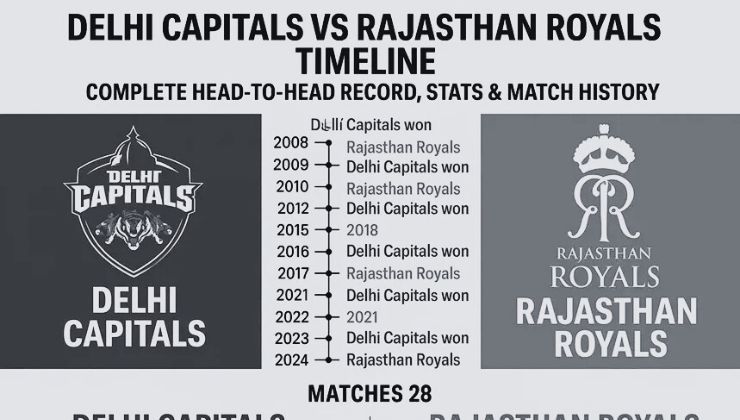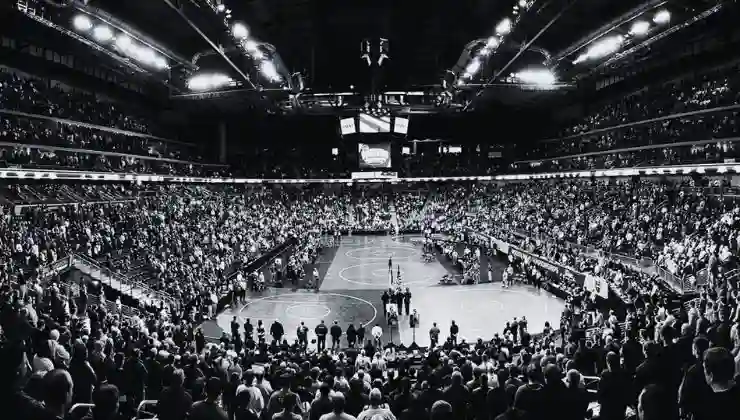
Gary Lineker
Gary Lineker is one of the most recognizable figures in British football history. Known for his prolific goal-scoring ability, sharp football analysis, and unwavering integrity, Gary Lineker has transcended the boundaries of sports to become a respected public figure. His journey from a young boy in Leicester to an international football star and then a beloved broadcaster is a testament to hard work, intelligence, and authenticity. Over the decades, he has made remarkable contributions both on and off the field, earning admiration from fans and critics alike.
Early Life and Background
Gary Lineker was born on November 30, 1960, in Leicester, England. His father, Barry Lineker, was a greengrocer, and Gary often helped him at the family’s fruit and vegetable stall. Growing up, he was passionate about football and spent most of his time practicing rather than focusing on academics. Despite not being a standout student, his dedication to football set him apart early on. Lineker joined the youth ranks of his hometown club, Leicester City, where his natural instincts as a striker quickly became evident.
Rise with Leicester City
Lineker’s professional debut for Leicester City came in 1978, marking the beginning of an extraordinary journey. Over the next several years, Gary Lineker became the club’s leading striker, helping them secure promotion to the First Division in the 1979–80 season. His sharp positioning, accurate finishing, and ability to read the game earned him national attention. By 1985, he had scored 24 league goals, winning the First Division’s Golden Boot and catching the eye of bigger clubs. His tenure at Leicester established him as one of England’s most promising forwards.
Transfer to Everton and Career Growth
In 1985, Gary Lineker signed with Everton, a move that elevated him to stardom. His first and only season with the Toffees was sensational—he scored 30 league goals, helping Everton finish as league runners-up and reach the FA Cup final. Although they lost the final to Liverpool, Lineker’s individual brilliance was undeniable. His poise in front of goal and sportsmanship earned him the respect of both teammates and opponents. That same year, he was named the PFA Players’ Player of the Year and the FWA Footballer of the Year.
Barcelona Years: Success in Spain
Lineker’s outstanding performance with Everton led to a transfer to FC Barcelona in 1986, where he joined under the legendary manager Terry Venables. Playing in Spain’s La Liga was a challenge for many English players at the time, but Gary Lineker adapted seamlessly. In his debut season, he scored 21 goals, including a memorable hat-trick against Real Madrid in El Clásico. His speed, intelligence, and professionalism made him a fan favorite. During his time at Barcelona, he won the Copa del Rey in 1988 and the European Cup Winners’ Cup in 1989. His stint in Spain also broadened his cultural and tactical understanding of the game, influencing his analytical style in later broadcasting work.
Return to England: Tottenham Hotspur Era
In 1989, Gary Lineker returned to England to join Tottenham Hotspur, where he continued to demonstrate his excellence on the field. Over three seasons, he scored 80 goals in all competitions, leading Spurs to the FA Cup title in 1991. His partnership with Paul Gascoigne was particularly noteworthy; the two shared a special chemistry that excited fans and made Tottenham one of the most entertaining teams of the early 1990s. Lineker’s consistency and discipline made him a model professional. Notably, throughout his entire professional career, he was never shown a yellow or red card—a rare achievement in football.
England Career: A True National Hero
On the international stage, Gary Lineker shone just as brightly. He made his England debut in 1984 and quickly became the team’s primary striker. His crowning moment came during the 1986 FIFA World Cup in Mexico, where he won the Golden Boot after scoring six goals, including a famous hat-trick against Poland. England reached the quarter-finals before being eliminated by Argentina in a match remembered for Diego Maradona’s “Hand of God” incident.
Four years later, Lineker was instrumental again during the 1990 World Cup in Italy. His calm penalties and leadership helped England reach the semi-finals, their best performance since 1966. Overall, Gary Lineker scored 48 goals in 80 appearances for England, becoming one of the country’s all-time top scorers. His performances embodied determination, skill, and dignity.
Retirement and Transition to Broadcasting
After a brief final stint with Nagoya Grampus Eight in Japan, Gary Lineker retired from professional football in 1994. However, his post-football career proved to be equally remarkable. Shortly after retiring, he joined the BBC as a sports presenter, quickly becoming the face of the network’s flagship football program, Match of the Day. His articulate commentary, deep understanding of the game, and charming personality resonated with audiences. Over time, he became one of Britain’s most respected broadcasters.
Broadcasting Success and Influence
As the host of Match of the Day, Gary Lineker has covered some of the most memorable moments in modern football. His professionalism and wit make him a natural television personality. Beyond his work on the BBC, he has appeared on various sports programs and documentaries, contributing significantly to sports journalism. Lineker has also become a voice for reason and fairness in the often polarizing world of sports commentary.
Unlike many former players, Lineker has used his platform to address broader issues such as racism, corruption, and inequality in football. His ability to combine humor with serious analysis has made him one of the most trusted voices in British media.
Social and Political Engagement
Over the years, Gary Lineker has become known not only for his football and broadcasting careers but also for his social conscience. He has spoken openly about issues like refugee rights, child poverty, and political integrity. His willingness to express his views—often through social media—has sparked both praise and controversy. In 2023, for instance, he was temporarily suspended from the BBC after criticizing government immigration policy on X (formerly Twitter). The public overwhelmingly supported him, leading to his reinstatement. This incident highlighted his courage to stand by his convictions, even when it risks his career.
Philanthropy and Humanitarian Work
Beyond words, Gary Lineker has demonstrated genuine compassion through his actions. He has supported charities such as UNICEF, Comic Relief, and causes related to cancer research and children’s welfare. In 2015, he even offered to house refugees in his own home to raise awareness of the humanitarian crisis. His philanthropy shows that his concern for fairness extends well beyond football. Many fans admire him not only for his achievements but also for his humanity.
Awards and Recognition
Throughout his career, Gary Lineker has received numerous awards and honors. He was inducted into the English Football Hall of Fame and has been recognized for both his athletic and media contributions. In 1990, he was awarded the OBE (Order of the British Empire) for services to football, and in 2020, he received the British Academy Television Fellowship from BAFTA for his broadcasting excellence. These honors underline his impact across multiple fields.
Personal Life and Values
Off the pitch, Gary Lineker has always maintained a grounded and relatable persona. He has four sons and remains close to his family despite the demands of fame. His personal life has occasionally drawn media attention, but he has always handled public scrutiny with grace and humor. He often describes himself as “a lucky man” who got to live his dream playing football and now gets to talk about it for a living. His humility and optimism continue to endear him to fans across generations.
Legacy in Football and Media
Gary Lineker legacy extends far beyond his 281 career goals. He represents sportsmanship, honesty, and the power of using fame for good. His career is a reminder that success doesn’t have to come at the cost of integrity. In football, he remains one of England’s greatest strikers, a player remembered for precision rather than aggression. In media, he has set a standard for intelligent and ethical broadcasting. Future generations of footballers and commentators alike look up to him as an example of excellence and principle.
Conclusion
In the story of British football and culture, Gary Lineker stands out as a figure of rare consistency and class. From scoring goals on the world stage to challenging social injustices through his voice, he has continually demonstrated courage, intelligence, and heart. His life and career show that greatness lies not only in talent but also in character. Whether on the pitch or behind the microphone, Gary Lineker remains a symbol of professionalism, empathy, and the enduring power of sports to inspire and unite.






